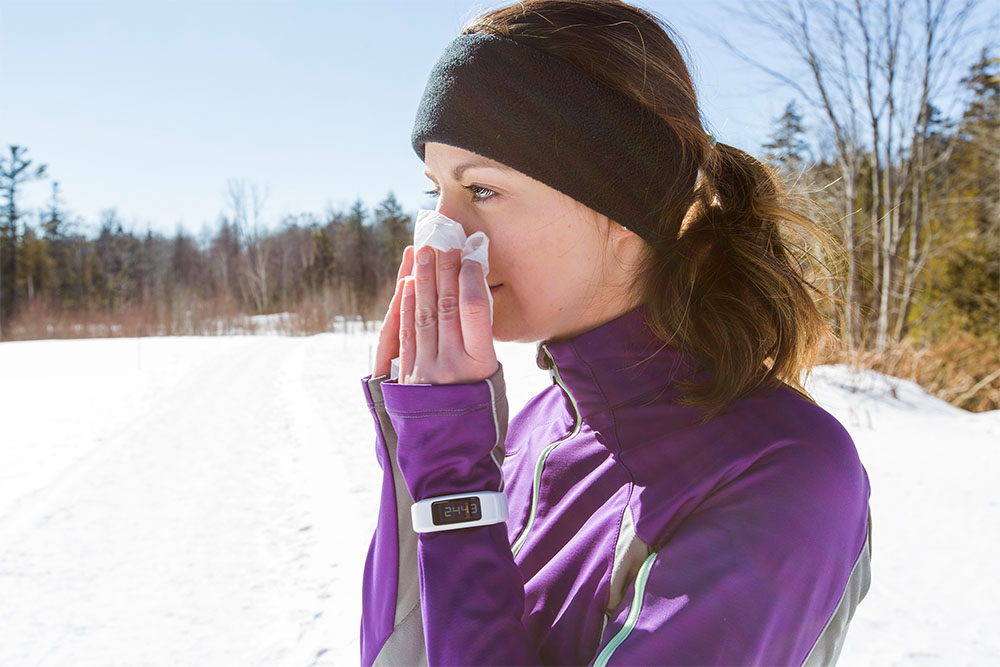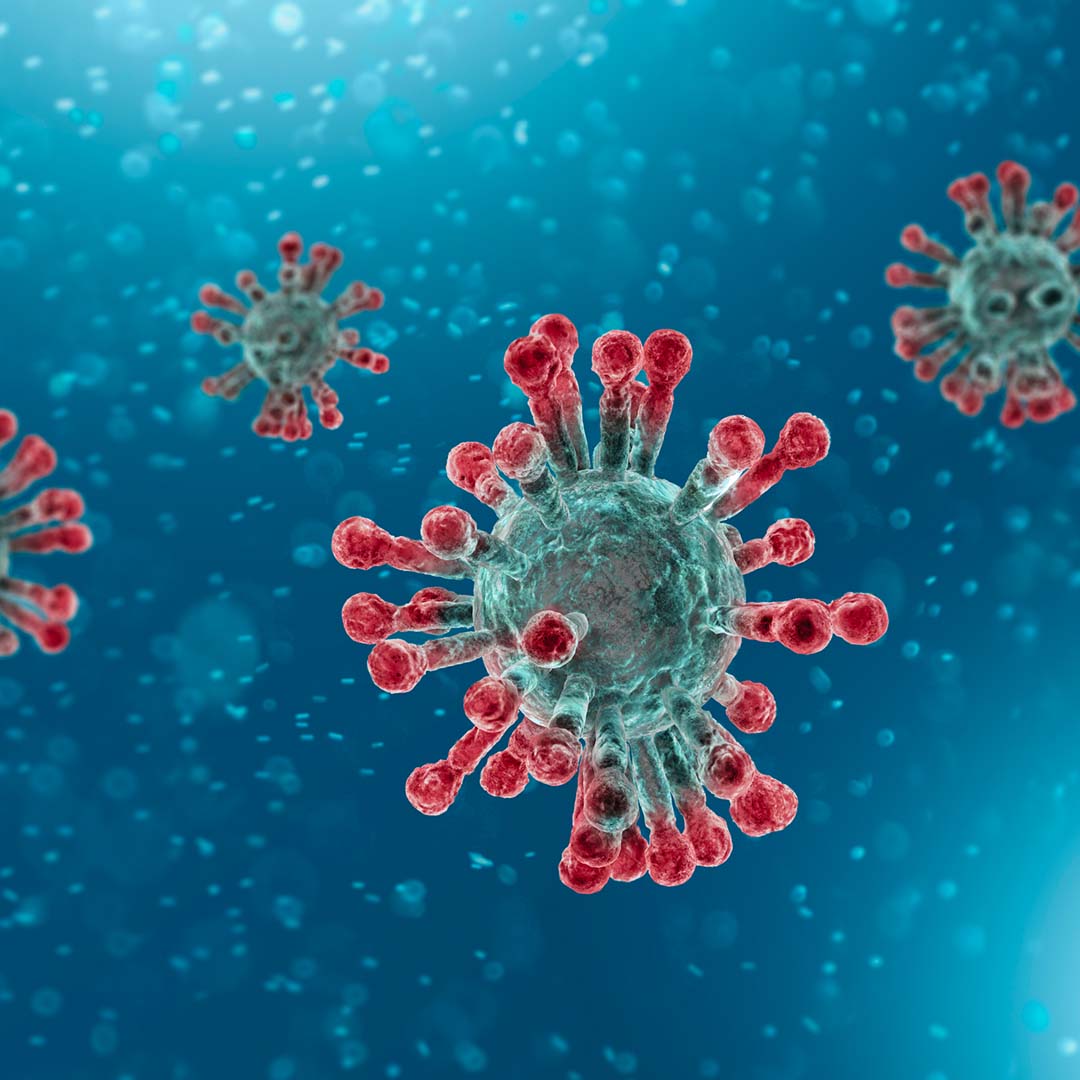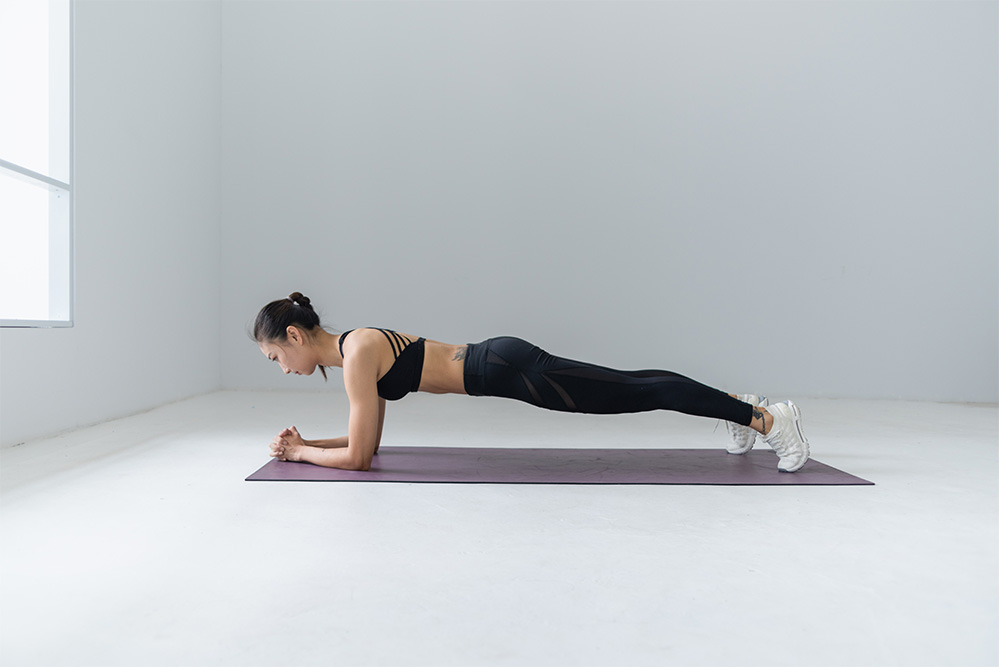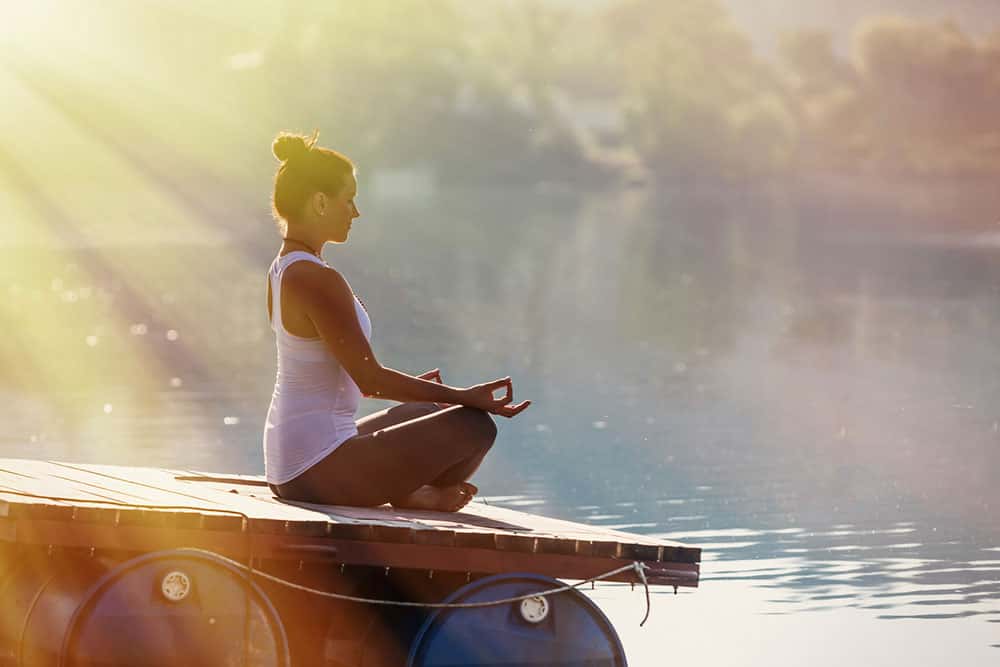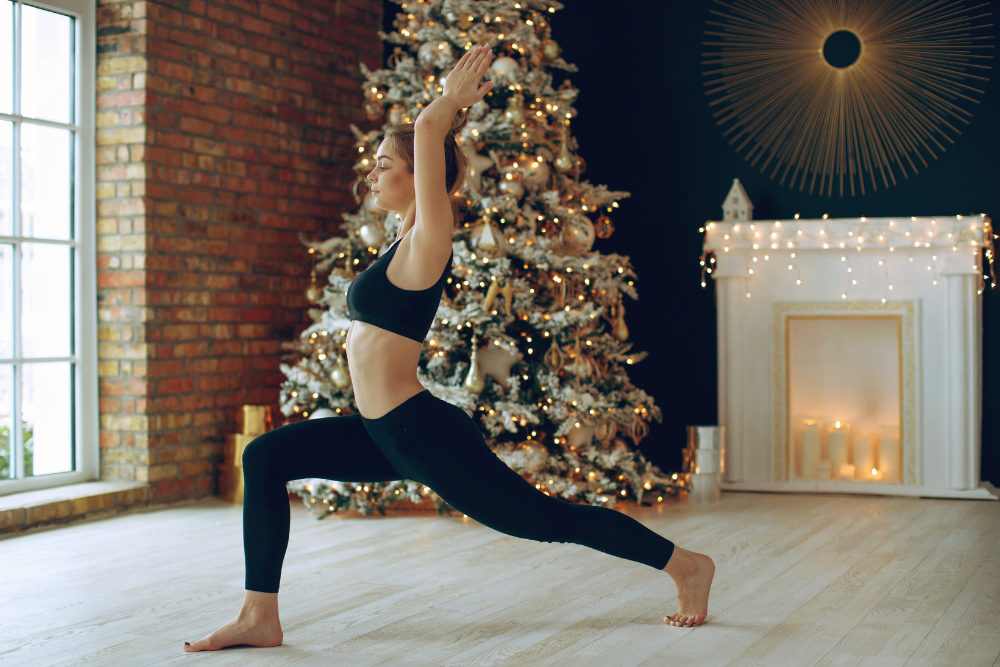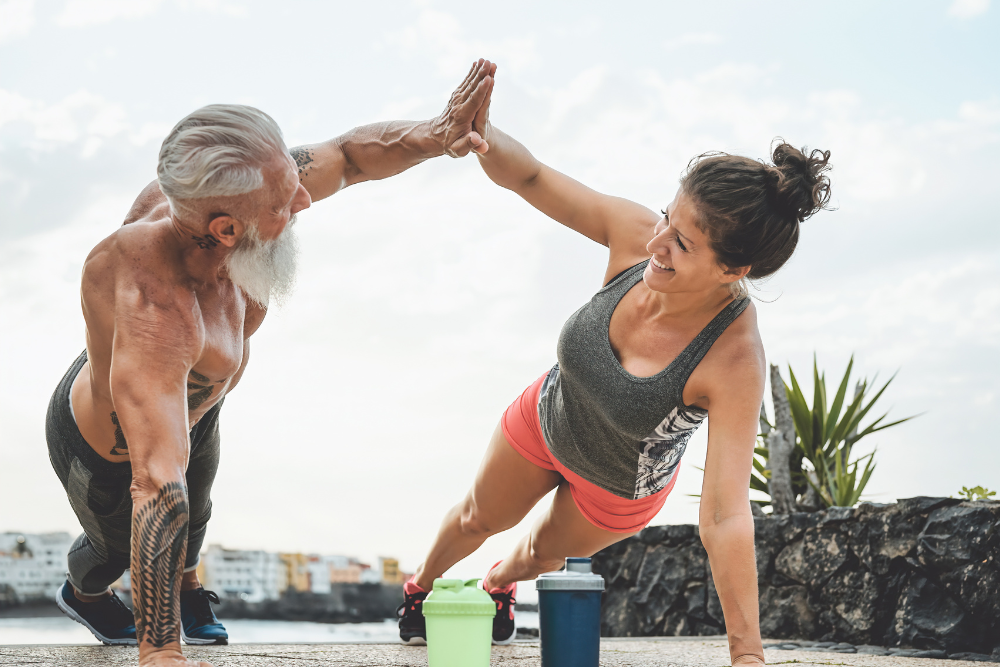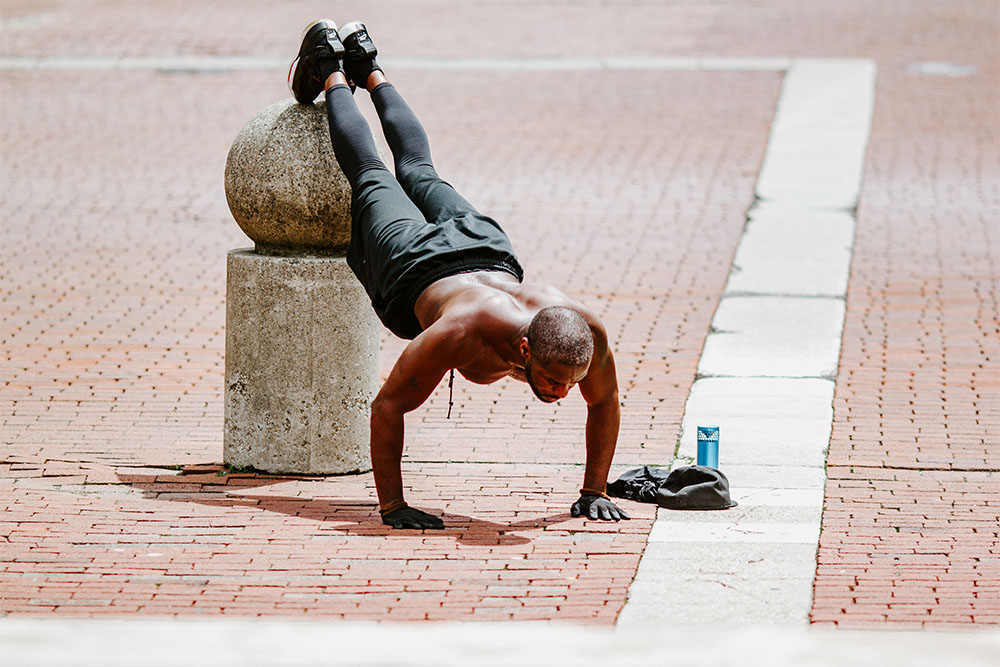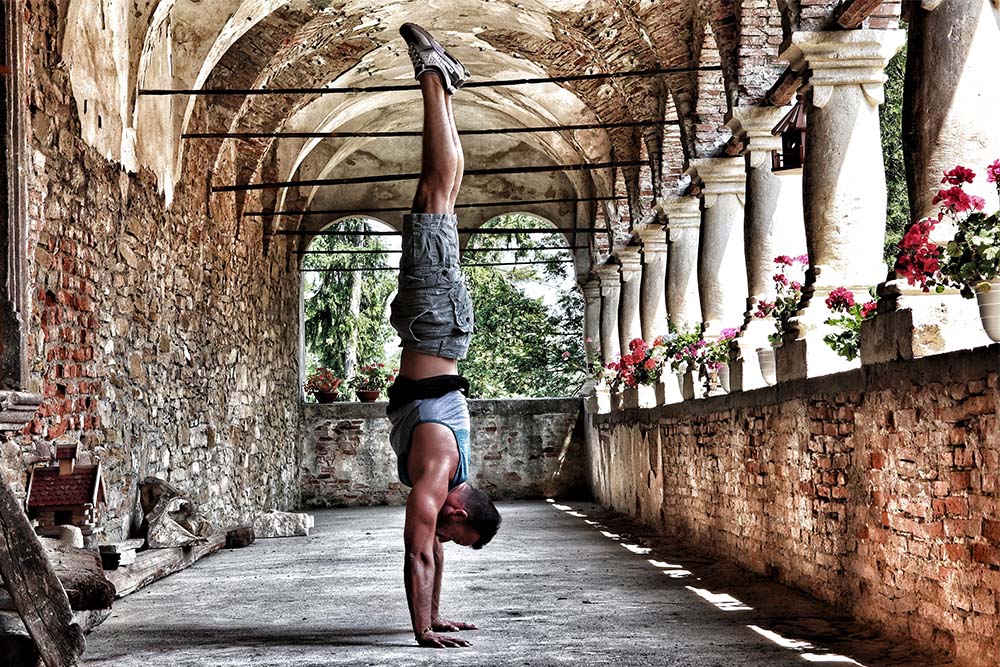Should You Exercise With A Cold?
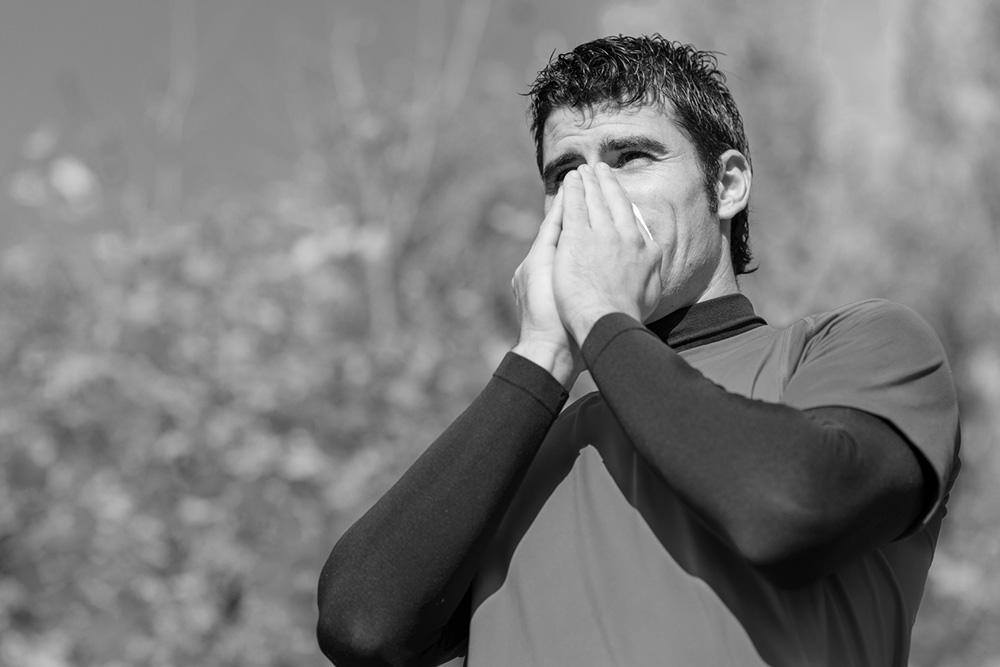
Gillian White – MSc., BSc., PhD Candidate
Should you exercise with a cold? Exploring the rationale of “sweating it out”
Exercise Sciences, University of Toronto
With cold and flu season upon us and my own health to keep in mind, I thought I would get into the nuts and bolts of how exercise effects our immune system during this season and, should we be among the chosen ones who become sick, should you try to “sweat it out” with exercise?
There is mixed evidence about the effect of exercise on immune function: active people seem to get sick less often but rates of upper respiratory tract infections (URTIs) like colds, coughs, and sore throats are extremely prevalent following exercise events like triathlons and marathons. Even the logic is mixed: should you get your blood flowing to try to rid your body of a virus or should you rest to let your body devote its energy solely to fighting the illness?
Should we exercise when we’re sick or not?
Fundamentals of the Immune System
The immune system is comprised of two arms, innate and adaptive immune systems. The innate system is nonspecific meaning it has a general recognition of cells and entities that don’t match the code of our body’s cells – essentially innate immune cells recognize “non-self” cells and subsequently attempt to rid the body of them. Some of these cells are messenger cells (“antigen presenting cells”) that then travel to our lymph nodes to tell the other system.
At the lymph nodes, the messenger cells relay to the adaptive immune system the specific characteristics of the invader (they present the “antigen” – specific recognizable features – of the invading cells). The adaptive system makes an army of immune cells all made to look for the specific features of this invading cell type and are released into the blood to mount a larger scale attack on this invading pathogenic cell type. In this way, both systems will recognize a pathogen or invading cell type.
Adapting
On the one hand we have the innate system, that encounters the invader by chance in the blood stream, mounts an immediate but small scale attack, and passes on the message about where the invading cells are and what they look like to the adaptive system. The adaptive system takes a couple of days to build an army of cells all trained to find the specific invading cell type, and are then dispatched to rid the body of all of these invading cells. The innate system can be effective at keeping the number of the invading cells low enough that we don’t develop symptoms or feel sick, but ultimately it is the adaptive system that wipes out the invading cells and clears us of the impending illness.
Related Article: Get Outside and Exercise – Your Immune System Will Thank You
Examples
Examples of these systems at work are when you can feel yourself starting to get sick, this is when the innate system is trying to fight the virus/bacteria and the adaptive system is building the army but it hasn’t been deployed yet. We’ve all probably experienced the “choose-your-own-ending” health result in which you drink water, eat well, and get sleep and don’t become fully ill; or let work stress, late night dinner parties, or excessively intense workouts or competitions wear us out causing us to become sick. When we treat our body well during the time we’re on the brink (when the innate system is the only dog in the fight), we give it the tools to stave off infection by keeping pathogenic cells low enough for long enough that the adaptive system’s army can come in and take care of the pathogen before we get really sick.
When we add stress during this time, we succumb to the illness as pathogenic cells win the battle with the innate system and are allowed to multiply, causing symptoms associated will illness. Ultimately, we get over the illness in a week or so, when the adaptive immune system has built the “trained army” of cells and can come in and wipe it out. This takes longer because we’ve allowed the population of pathogenic cells to get bigger (their army has expanded) and it takes time to “train” the army. When you get a vaccine for a virus, you are skipping the dependence on the innate system by creating an army that is already ready for when we run into that type of pathogen.
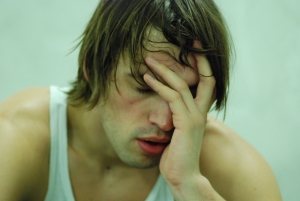 So does exercise help or hinder the immune systems?
So does exercise help or hinder the immune systems?
The short answer is, it depends. It depends on the type of exercise, the type of illness, how trained you are, and how far through the illness you are (if you are already symptomatic).
Exercise in general mobilizes immune cells so they are circulating in the blood in higher numbers. This is partly because the increase in blood flow with exercise washes them into circulation from their hangouts on the walls of blood vessels. Also, it is partly because adrenaline makes their hold on blood vessel walls weaker.
Typically, an increase in numbers occurs during and immediately following exercise. Then, a decrease below baseline occurs for a short period of time after exercise. Similarly, the fighting strength of each cell known as cytotoxicity is also reduced. These changes become more marked with longer exercise or exercise that is very intense. This is because you would expect greater changes in blood flow and adrenaline with these variations in exercise. Furthermore you would see a greater inflammatory or stress response to the exercise bout. This means that for a few hours to a couple of days after exercise, your immune system is a bit low. The longer/more intense the exercise, the longer the immunosuppressive effects of the exercise bout. This is commonly referred to as the “open window” phenomenon.
Immune Laziness
Generally speaking, the effects of exercise follow a J-shaped pattern in which risk of illness is higher with no exercise or very intense exercise, while it is lowest with moderately intense exercise. This is because the immune system gets lazy with no exercise, leaving the body vulnerable to pathogens. With intense exercise, the immune system gets worn out and becomes suppressed without adequate rest. However, with moderate exercise, the immune system gets flexed a little bit. Therefore, it’s being activated and doesn’t get lazy like with no exercise. But, it isn’t over-activated becoming worn out like with very intense exercise. This doesn’t mean that you will definitely get sick after a really hard workout. However, it means that you need to take more care to avoid coming into contact with pathogens during this time. Hand washing and other hygienic practices can be very important during the so-called “open window”.
If you’re already sick, exercise isn’t out of the question but you may want to modify your exercise plan based on the guidelines below.
Related Article: Increase Your Immune System Through Exercise
Guidelines for Exercising during cold and flu season:
Not sick but ‘tis the season? Continue to exercise at any intensity/duration that you wish to. However, be mindful of the “open window” after hard or long workouts or races/competitions! Use good hygienic practices to minimize your exposure to pathogens in your environment. Be especially mindful if someone in your workplace or household is complaining of symptoms or is ill.
Feeling a little sick? Exercise at a moderate intensity and duration. This is a time to avoid intense exercise. This is because, as the immunosuppressive effects of that killer workout can be the deciding factor that takes you from “sort of sick” to laid up in bed.
Already sniffling and stuffy? If your symptoms are above the neck (sore throat, congestion) moderate exercise is ok. However, you should avoid intense exercise. If your symptoms are below the neck (aches, swollen glands, bad cough), you should skip the workout and rest until your symptoms subside. Certainly, avoid exercise that exacerbates symptoms (i.e. heavy breathing when you have a bad cough). Heavy exercise with a viral infection could cause viral myocarditis, a potentially fatal heart condition.
References:
Bishop, N.C. (2013). Exercise and Infection Risk. In Exercise Immunology. Eds, Gleeson M, Bishop NC and Walsh NP London: Routledge (Taylor and Francis).
You Might Like:


